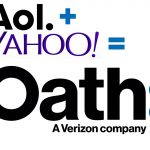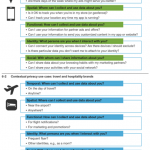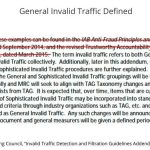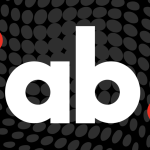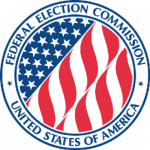Advocates Press FCC To ‘Unlock’ Cable Boxes, Pass Privacy Rules
by Wendy Davis, Staff Writer @wendyndavis, October 17, 2016
The Federal Communications Commission should move forward as soon as possible with an ambitious proposal to “unlock” cable boxes. That’s according to a coalition of 76 advocacy organizations, including Consumers Union, Free Press, the Center for Digital Democracy and New America’s Open Technology Institute.
The advocates sent the FCC a letter today urging it to “liberate consumers from the set-top box monopoly,” adding that doing so will result in lower prices and more opportunities for independent programmers.

The FCC recently delayed voting on a controversial proposal that would have enabled consumers to replace expensive set-top boxes with free apps. Currently, most cable subscribers rent set-top boxes from their providers, at an average cost of $231 a year. Many people who also watch video from Netflix or other Web services use streaming devices like Rokus or Amazon Fire TVs, while people who watch TV shows on tablets or smartphones often do so via apps.
In September, FCC Chairman Tom Wheeler proposed a set of rules that would have required cable providers to make their programs available via apps. Wheeler’s plan included controversial provisions for licensing. While the details were never fully disclosed, the FCC said in a fact sheet that the rules will require “a standard license governing the process for placing an app on a device or platform.”
Late last month, the FCC postponed a scheduled vote on that proposal, which faced heavy criticism by cable providers and some copyright owners, including the Motion Picture Association of America.
The advocacy groups also asked the FCC to take action regarding broadband carriers’ privacy practices and billing methods.
“Each day that passes without marking progress on these important issues is another day of missed opportunities,” the groups write.
They say the agency should pass privacy rules that will “foster trust in the integrity of broadband privacy so that consumers will readily use the internet, without self-censoring, for learning, expression, and association.”
The FCC currently is considering proposed regulations that would prohibit cable providers to obtain people’s opt-in consent before drawing on their Web browsing or app usage history for ad targeting. The ad industry as well as Internet service providers are lobbying heavily against that proposal, which is scheduled for a vote later this month.
In addition, the advocates are urging the FCC to prohibit Internet service providers from subjecting subscribers to “abusive data caps and zero rating plans that violate net neutrality.”
The letter doesn’t mention any ISPs by name, but advocates have previously asked the FCC to crack down on billing practices that involve capping the amount of data people can stream, and then exempting video offered by certain companies from those caps. Comcast, Verizon, AT&T and T-Mobile are among the ISPs that engage in those practices.
The FCC has never said whether it views zero-rating systems as problematic.
MediaPost.com: Search Marketing Daily
(23)







